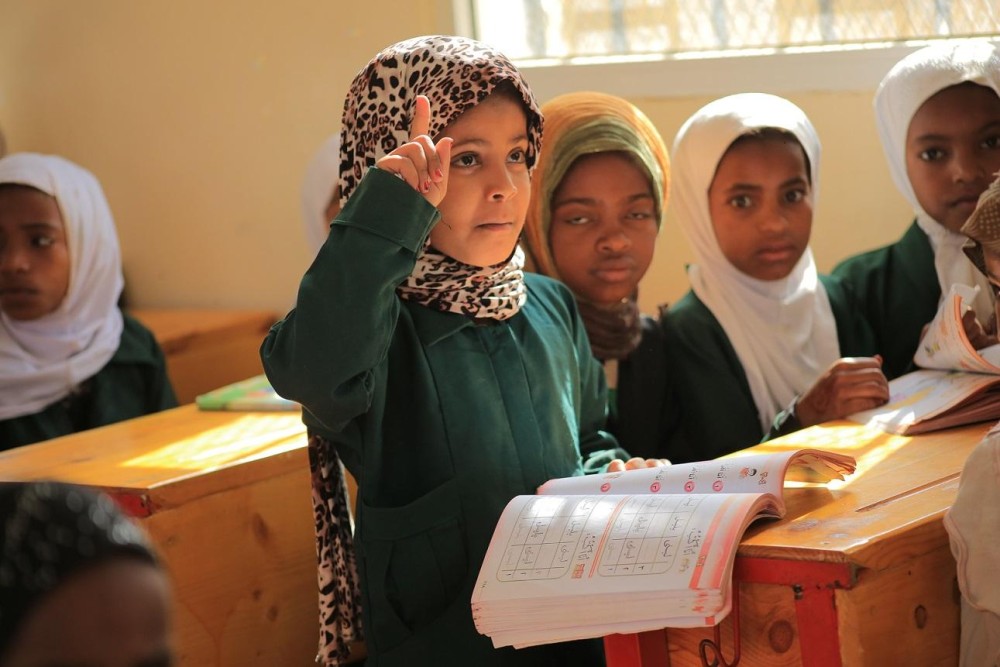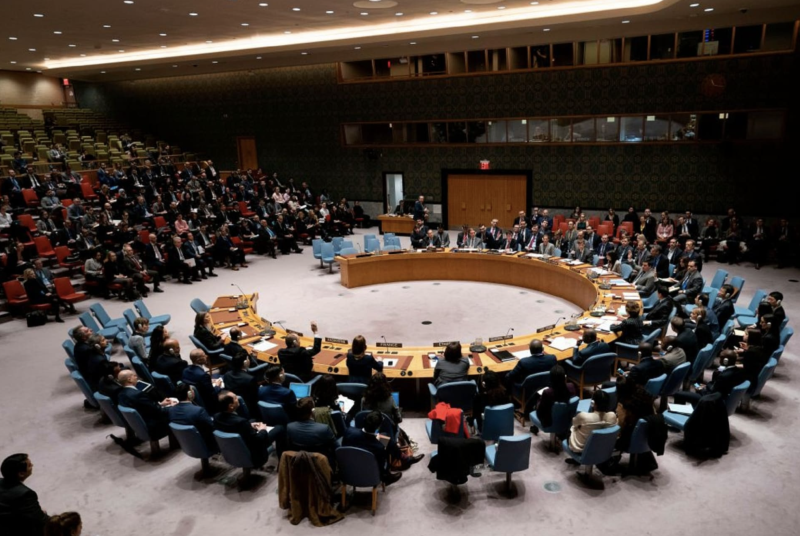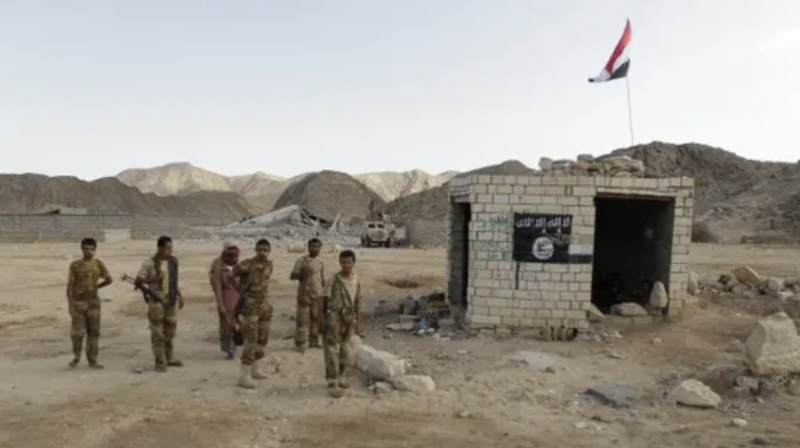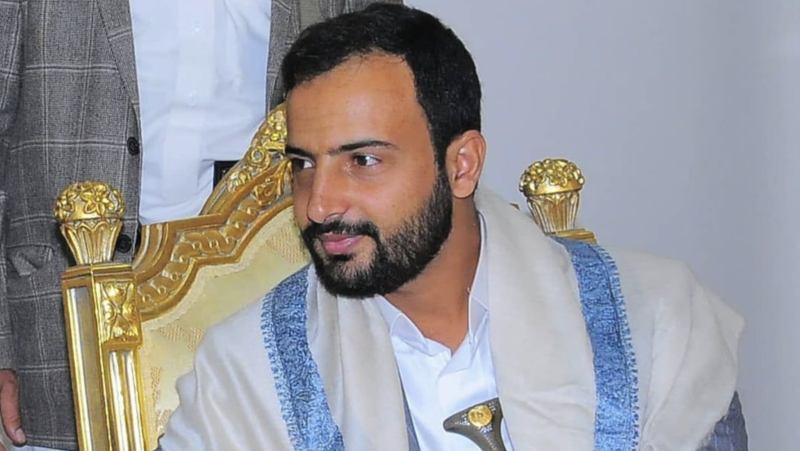Strengthening education allows girls to shape their future


Ma’rib – The conflict in Yemen has disrupted the lives of communities across the country, but among those most affected are students whose education has been stalled due to years of war. Local schools have struggled to keep their doors open as the war has raged and the economy has declined, leaving students without the necessary resources to receive quality education.
“I know the experience of not being able to study, and don’t want any of my students to be deprived of education,” said Arwa Ahmed, a social worker at Om Salamah School in a rural area in Ma’rib, one of the governorates most affected by eight years of war.
“I have been working in Om Salamah school for 14 years. The school had only eight classrooms, three of which were makeshift classrooms and tents. Each classroom could only fit 20 students.”
The elementary school where Arwa worked is dedicated to female students. Despite the significant role that it played in providing hundreds of students with education, the school was often neglected and needed urgent rehabilitation, new equipment and more teachers and other staff.
The strain on resources intensified as the school tried to accommodate an increasing number of students displaced by the relentless war.
According to Arwa, her school lacked even the most basic necessities to meet the needs of new students.
“We were not provided with anything – no training, furniture, not even books for the students. However, the surrounding community in Al Jalal worked really hard to make sure displaced students could receive their education, especially young girls.”
According to Arwa, most displaced students come without any documentation, including birth certificates and school documents, but that did not stop her from assisting those students.
“We did our best. We didn’t want to deprive those students of their education. I personally worked hard to help those students join the school and helped with their documents,” explained Arwa, noting that her goal was to allow every student who came to her school to have a chance at education.
There are approximately one million people displaced in Ma’rib governorate, but very few schools that can meet the increasing demand for education. Across Yemen, an estimated 2.7 million children are out of school, according to the United Nations.
Many displaced families cannot afford transportation fees for their children to go to school. Some have also lost their legal documents while fleeing to safety which causes many young students to drop out of school.
The schools that are operational and open to displaced students struggle to secure the resources needed so all students can attend and receive quality education.
“I used to hate going to school, it was hard to study under harsh conditions. We were crammed in tents, and we didn’t have toilets. I felt really demotivated,” explained Manal Mohammed, an eighth-grade student at Om Salamah School.
The International Organization for Migration (IOM) intervened to support Om Salamah School so students like Manal could learn with more ease and comfort.
“We were shocked by the conditions the students were studying under. Many were crammed into tents, trying to keep cool in the scorching heat. I could feel the oppressive heat standing outside the tents,” said Sabah Ali, IOM field staff in Ma’rib.
With assistance from the European Union, IOM provided Om Salamah School with four extra classrooms so students would not have to study in tents. Three latrines and new furniture were installed in the school, while school bags and hygiene kits were provided to students.
“Before the school was renovated, if one of our students went outside the school to use a bathroom, other teachers and I wouldn’t stop worrying about them until they came back safely,” explained Arwa.
Arwa was filled with joy at being able to provide her students with the education she struggled to have.
She understood all too well the experience of being deprived of education. She was raised in a society that does not believe in girls' education, but she stood up and found a way to finish her education. Arwa was then determined to make sure none of her students suffered the same challenges.
“It was a dream that came true. The students are now motivated to continue their learning journey. Education is the only weapon than can help us fight poor living conditions, especially for women,” concluded Arwa.
Om Salamah School is one of 16 schools that IOM rehabilitated or constructed with support from EU Humanitarian Aid to address physical, infrastructural, and economic barriers to education. Now more than 18,000 students living in six displacement sites can go back to class.

NewYork -- The United Nations Security Council has urged all parties in Yemen to de-escalate tensions and intensify diplomatic efforts to end the c…

Marib — A senior al-Qaeda commander was killed Tuesday in a suspected U.S. drone strike in Yemen’s northern province of Mareb, accordin…

London — The United Kingdom has announced new sanctions targeting Hussein al-Houthi, son of Abdulmalik al-Houthi, leader of the Houthi militi…